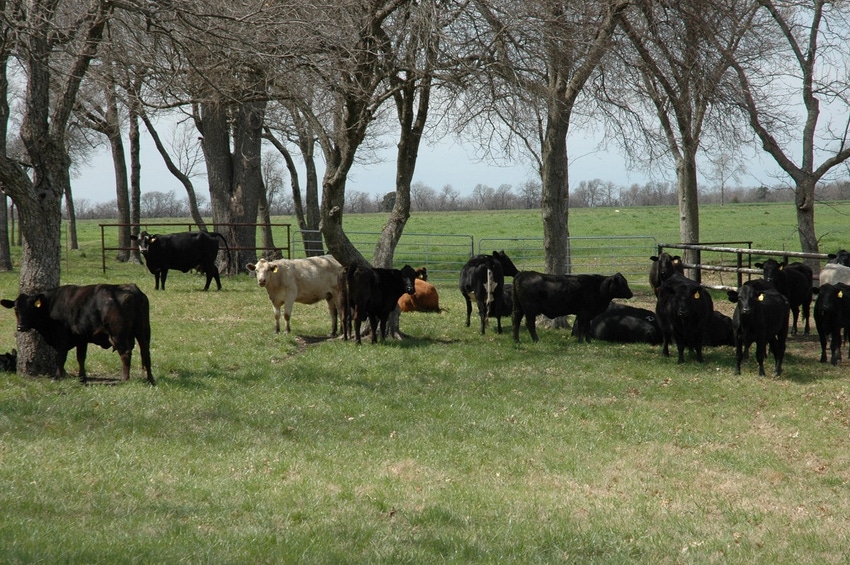
While considerable effort is being made to rebuild the U.S. cattle herd after multiple years of drought forced producers to reduce numbers because of high feed costs, 2014 provided some welcome increases in cattle prices until a lagging fourth quarter. But live cattle prices have spiked this week on news that a single case of bovine spongiform encephalopathy (BSE), or mad cow disease, was confirmed in a Canadian beef cow last Friday.
It's the first confirmation of the cattle disease in Canada since 2011, and do not expect the isolated incident to adversely affect Canada's $1.6 billion beef export sector.
But reports of BSE in a Canadian cow have caused a spike in U.S. cattle prices. Live cattle contracts jumped by about 2 percent on the Chicago Mercantile Exchange late Friday after news of the Canadian incident leaked out. The spike, however, is for live cattle contracts scheduled for delivery beginning this spring, and economists say if the incident is contained and limited to the one animal, prices should stabilize again.
Canadian officials are reporting that mandatory ear tags on the diseased cow have provided information on where the animal was born, on a farm in Alberta. But the cow was not tested or diagnosed for the disease until after it was delivered to another farm. The Canadian Cattlemen's Association (CCA) report the animal was a breeding cow.
For the latest on southwest agriculture, please check out Southwest Farm Press Daily and receive the latest news right to your inbox.
CCA spokesman John Masswohl confirms the Canadian Food Inspection Agency (CFIA) has successfully traced back the point of origin and says he is confident the incident is limited to Alberta. Producers and Canadian officials are on alert, but no further incidents are anticipated.
Focus on infection
Officials with the CFIA are focusing on how the cow became infected and are paying close attention to the feed the animal consumed at both premises where it was kept.
Canadian beef exports suffered greatly after a BSE outbreak in 2003 when a number of countries banned cattle exports over fear the disease could spread to domestic herds. So far the only country to impose a temporary ban following last week's reported case is South Korea. While the initial response to BSE in Canadian beef in 2003 resulted in some 40 nations suspending exports, most have resumed accepting cattle since that time.
Canadian officials admit a new ban by South Korea following last week's confirmation is an unwelcome development, and say they hope it will lifted once an investigation reveals there is little chance of discovering additional cases of BSE in the country. Last year Canadian producers sold $25.8 million worth of beef products to South Korea." The protocol that we have with South Korea entitles them to suspend their import clearances until Canada provides them with the information to assure them that our beef is safe. We are confident that Canada can provide that assurance," Masswohl reported to the Canadian Broadcast Company.
While CCA officials say they are confident the negative impact to Canada's beef industry will not be seriously affected, data from Canada's Agriculture Department and Agri-Food Canada show that year-over-year beef and veal exports plummeted more than 17 percent the last time an infected cow with BSE was identified in 2011.
Canadian food inspectors were able to trace back the place of birth from the cow's ear tag because ID tags on cows have been mandatory since 2009 to help contain a wide spread outbreak of animal diseases. The tags are designed to help contain and eradicate animal disease by making it easier to trace individual livestock animals from birth to death.
CFIA officials report the farm where the cow was discovered and a second farm where the animal was born are under quarantine until inspectors can conduct testing of all other animals on the premises.
About the Author(s)
You May Also Like




